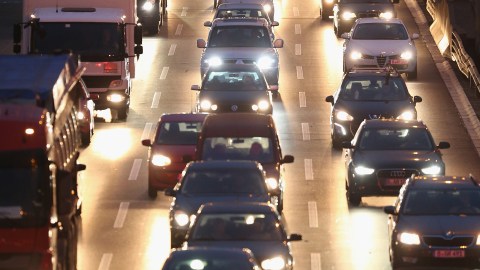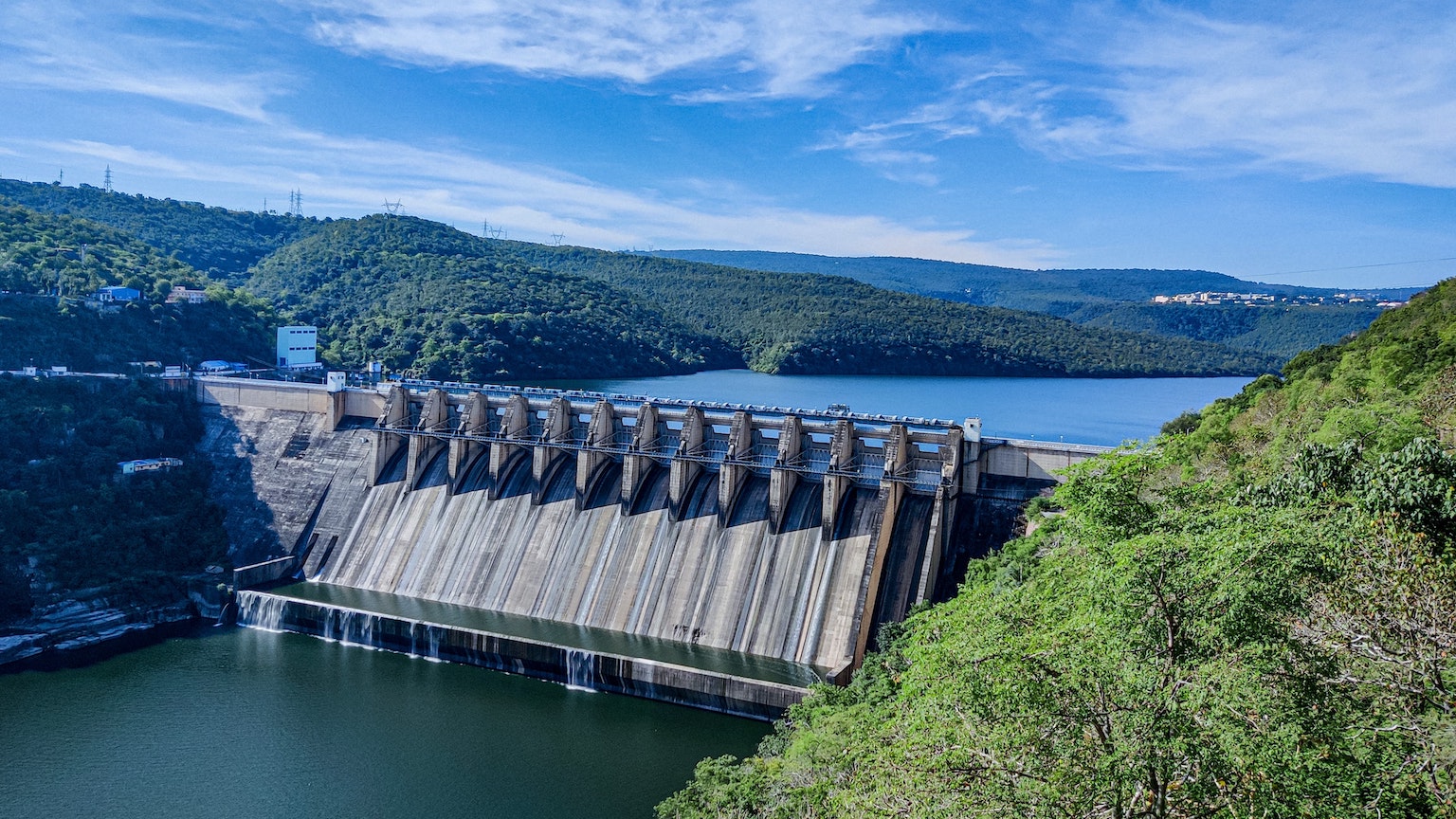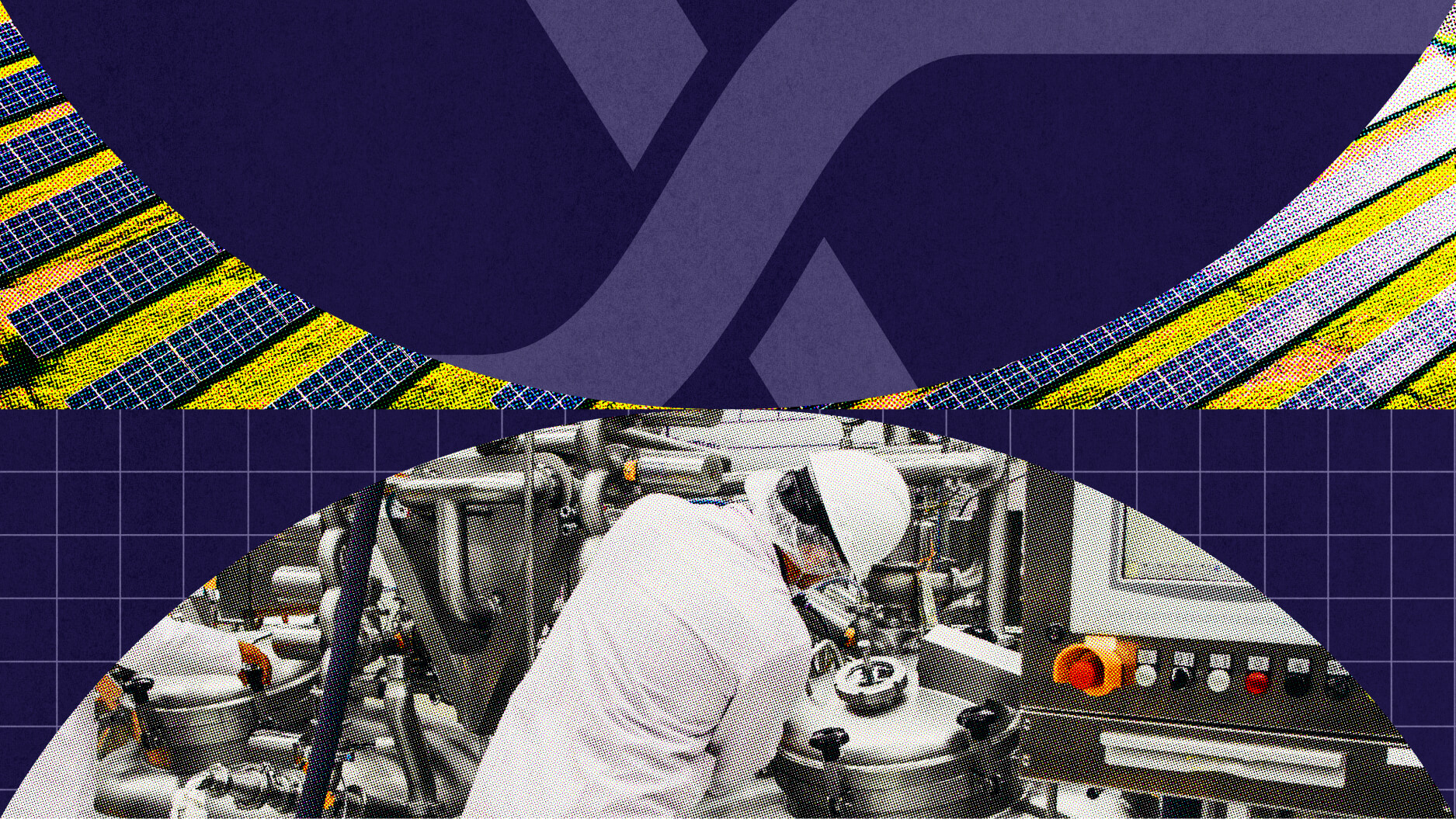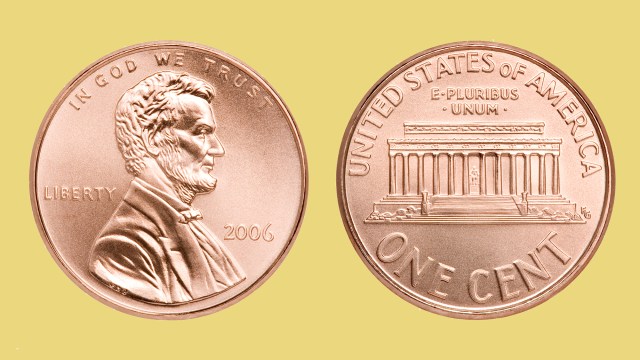Is the Land that Gave us Combustion-Engine Cars About to Be the Death of Them?

New legislation may be the death of the internal combustion engine in Germany, and perhaps Europe at large. A bipartisan resolution was passed by the Bundesrat, one of the two highest legislative bodies in Germany, calling for a ban on the use of internal combustion engines on roads by 2030 to be passed in Brussels, which would affect all of the European Union.
The gravity of the resolution is made greater when the fact that German regulations are often the model for EU regulations is taken into account. That this resolution was passed by the nation with the largest automotive manufacturers in Europe and the home of the Autobahn is no less considerable.
One of the legislators who voted for the bill, Oliver Krischer, a member of the German Green Party, was quoted as saying; “If the Paris agreement to curb climate-warming emissions is to be taken seriously, no new combustion engine cars should be allowed on roads after 2030” in endorsement of the resolution. He references the recent Paris Agreement which seeks to curtail greenhouse gas pollution in signatory nations, which require Germany to make substantial reductions in its pollution output.
What might happen if Europe does phase out internal combustion? Luckily there is a similar case to compare it to, with a similar time frame and scope.
Several years ago, the Germans passed legislation calling for a phase-out of nuclear power; citing environmental and security concerns. The ambitious phase-out seeks to shut down all Germany’s nuclear plants by no later than 2022. Nuclear power usage has declined from being the source of a third of all electricity production to less than a fifth in 2014. The plan is currently on track to be completed on schedule.
The nuclear phase-out has been the catalyst for a series of initiatives to promote renewable power in Germany. While there were concerns about the consequences of a reduction in electricity production at the beginning, the transition has gone on without major issues. This has been made possible by aggressive policies to improve energy efficiency, strong regulations to encourage renewables, and large investments in clean energy. Plans to reach 35% renewable energy production nationally by 2020 are deemed achievable.
The phase-out seems to show that a modern, industrialized nation can make major shifts towards cleaner, greener energy without catastrophe. It can even be done quickly if the planning is done well enough.
So, is the land that gave us the modern internal combustion engine going to be the death of it? That remains uncertain, as the resolution has no legal force at this time. The German Transport Minister has reiterated the lack of legal power behind the resolution and declared the whole thing to be “utter nonsense”. There is also the problem of how clean the non-petrol powered cars would be, if the energy used to power them isn’t clean they can’t be either.
At the very least, a mere attempt to do something this far-reaching is likely to have tremendous effects on the state of alternative technologies for powering cars. If anybody can engineer a better, cleaner automobile, it would be the Germans.





